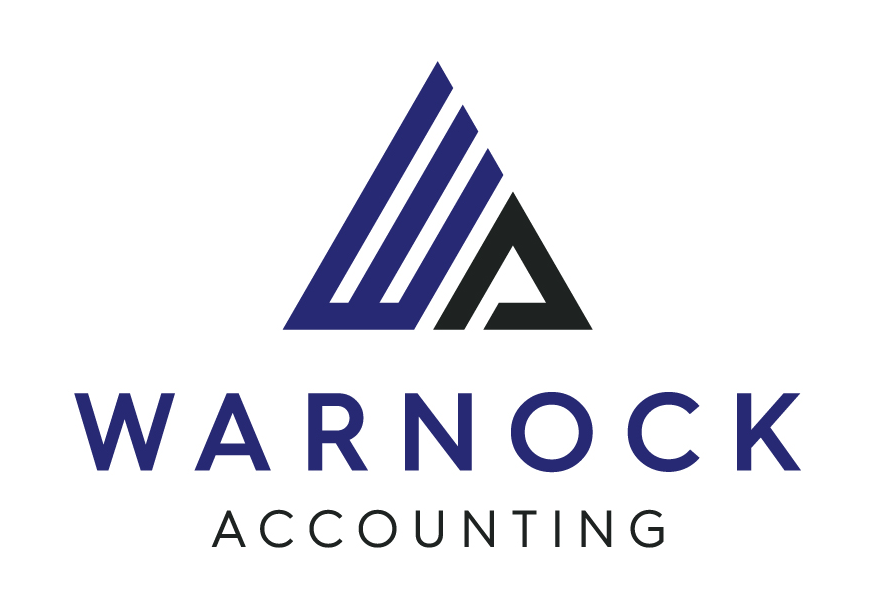Car Logbook Requirements
Author: Duncan Warnock CPA | August, 2025
#1 - For each vehicle journey that is business/work related
- reason for the journey (such as a description of the business reason or whether it was for private use)
- start and end date of the journey
- odometer readings at the start and end of the journey
- kilometres travelled.
NOTE: You must record your journey information in the car logbook on the actual day of travel in the logbook. You can not retrospectively record past dated car logbook journey information.
#2 - Overall Logbook requirenments
- when the logbook period begins and ends
- the car’s odometer readings at the start and end of the logbook period
- the total number of kilometres the car travelled during the logbook period
- the number of kilometres travelled for each journey. If you make two or more journeys in a row on the same day, you can record them as a single journey
- the odometer readings at the start and end of each subsequent income year your logbook is valid for
- the business-use percentage for the logbook period
- the make, model, engine capacity and registration number of the car.
#3- Logbook timeframe
If this is the first year you have used the logbook method, you must keep a logbook for at least 12 continuous weeks during the income year. That 12-week period needs to be representative of your travel throughout the year.
If you started to use your car for business-related purposes less than 12 weeks before the end of the income year, you can continue to keep a logbook into the next year so it covers the required 12 continuous weeks.
Each logbook you keep is valid for five years, but you may start a new logbook at any time.
If you establish your business-use percentage using a logbook from an earlier year, you must keep that logbook and maintain odometer readings in the following years.
If your circumstances change, such as a change in the type of work undertaken by your business, you may need a new logbook.



